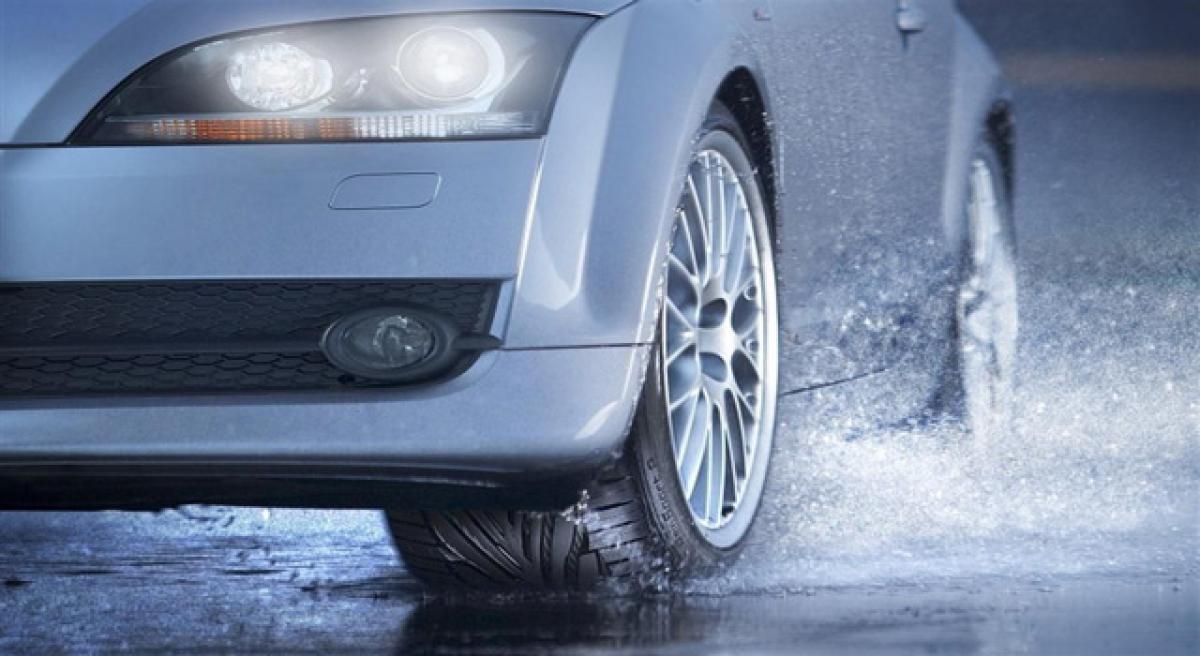Monsoon care for cars

While the country rejoices the onset of monsoon, manufacturers mark the beginning of a challenging season for cars, which will now be exposed to severe climatic conditions.
While the country rejoices the onset of monsoon, manufacturers mark the beginning of a challenging season for cars, which will now be exposed to severe climatic conditions. Though pleasant, one cannot overlook the fact that heavy rains can lead to disruption of daily life and vehicular movement; causing minor travel hiccups or at times even catastrophic situations.
Today, most cars in India are designed to handle varied weather conditions. Utility Vehicles, typically have a high ground clearance as they are used as off-roaders and therefore can wade through water in case of floods which can damage a vehicle in numerous ways. Apart from damaging the interiors, flood or rainwater can also cause major harm in a vehicle's electrical components, particularly the Electrical Control Unit (ECU).
Gearing up for the monsoons, Tata Motors is concurrently maintaining resources for urgent requirements and trained manpower for a quick turnaround time. To cater to the needs of its customers, the company will be conducting a nationwide free 40 point comprehensive check-up camp, called the ‘Monsoon Mega Service Camp’ in July this year.
- Wiper blades tend to wear out quickly, and thus it is recommended to change the rubber strip once a year before the monsoons begin
- Antirust coating adds to protection of metal surfaces and acts as a barrier to inhibit the contact between chemical compounds or corrosive materials
- Rainwater is slightly acidic in nature and can damage the car’s body if exposed for an extended period. To avoid this, car owners must ensure that the exteriors of their vehicle is polished to prevent rusting on exposed metal parts
- Ensure that the tyres are in excellent condition before the monsoons, such that they perform well. A good tyre can expel rain water by its tread from the contact area of the road. Make sure that the tread depth is within the recommended values; the greater the depth, the better the ability to evict water
- As a precautionary measure, one must have a rope, toolkit, flashlight, and a medical kit placed in the car
- As visibility is an issue during this season, it is advisable to check that the headlights, taillights, and fog-lights of the car are well-maintained. A thorough check for cracks or breakage on the glass of the lights is necessary to ensure that there is no water penetration in light assemblies that may cause unwanted fuses, which is dangerous for passengers and fellow commuters. It is recommended to carry few spare fuses in your car for emergency situations
- If a vehicle’s engine dies while or after driving through flood water, one should refrain from restarting their vehicle, it should first be pulled out and brought to the nearest dealer for it to be dried out. One should always be patient in such situations.








